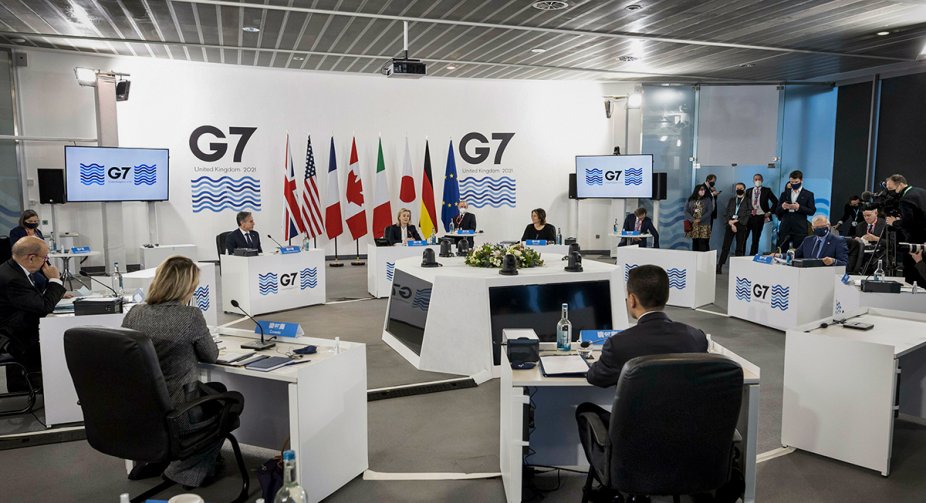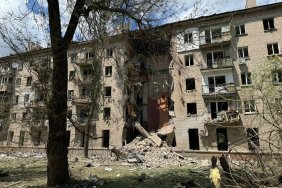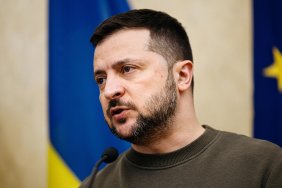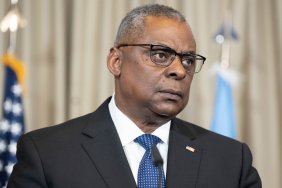G7 foreign ministers have pledged to increase Russia's economic and political isolation, continue supplying weapons to Ukraine and work to reduce global food shortages caused by the war.
This was reported by Reuters, citing a statement from the ministers.
After the meeting at the Weissenhaus resort on the Baltic Sea, top diplomats from Britain, Canada, Germany, France, Italy, Japan, the United States and the European Union also pledged to continue military and defense assistance to Ukraine "as long as necessary."
In addition, the ministers pledged to combat Russian misinformation aimed at blaming the West for food supply problems around the world because of economic sanctions against Moscow, and called on China not to help Moscow or justify a Russian war.
The ministers said the key to increasing pressure on Russia is to ban or phase out Russian oil purchases by EU member states, which are expected to reach an agreement on the issue next week, even if Hungary continues to oppose it.
"We will accelerate our efforts to reduce and end dependence on Russian energy supplies as soon as possible, building on G7 commitments to phase out or ban imports of Russian coal and oil," the statement said.
"We will never recognize the borders that Russia has tried to change through military aggression, and we will support our participation in supporting Ukraine's sovereignty and territorial integrity, including Crimea," the ministers said.
The meeting also criticized Belarus for its stance on the war.
"We... call on Belarus to stop facilitating Russia's aggression and comply with its international obligations," the statement said.






